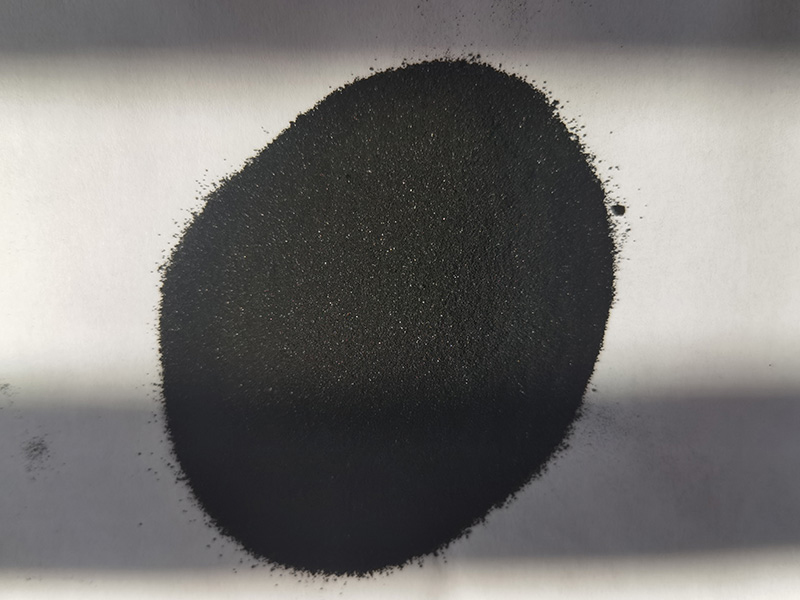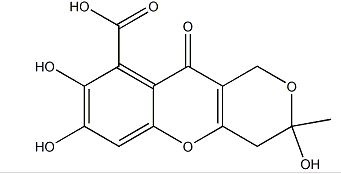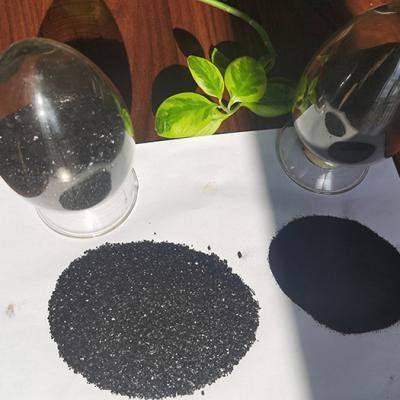Fulvic Acid Powder
It was found that the molecular structure of fulic acid contained less carbon and more oxygen than that of humic acid, and the content of acidic functional group (-COOH) was also higher than that of humic acid. In addition, the number of ketocarbonyl and hydroxyl groups contained in fulic acid was also higher than that of humic acid. Therefore, compared with humic acid, it had stronger acidity in aqueous solution according to Chemicalbook. At present, the specific molecular structure of fulic acid is not very clear. Based on the skeleton structure of humus carbon, the structure model of a certain fulic acid is shown in Figure 1. The carbon content of fulic acid is generally between 40% and 50%, the hydrogen content between 4% and 6%, and the oxygen content between 44% and 50%.
As a photosensitizer, fulic acid can absorb ultraviolet light or solar radiation and produce a series of photoactive substances. Studies have found that fulic acid can produce some short-lived active substances with strong oxidizing properties under the radiation of sunlight. OH, produced by? OH can oxidize organic pollutants that degrade slowly in direct photodegradation or cannot absorb ultraviolet light or sunlight, promoting the degradation of these substances.

SPECIFICATION
Status | |
Composition | Humic acid content ≥55% |
Fulvic Acid ≥50% | |
Potassium oxide ≥12% | |
Water soluble ≥99% | |
PH 8-11 |
Product Details
CAS:479-66-3
C14H12O8
formula weight:308.24028
EINECS:610-395-7

Related News
Submitted successfully
We will contact you as soon as possible





